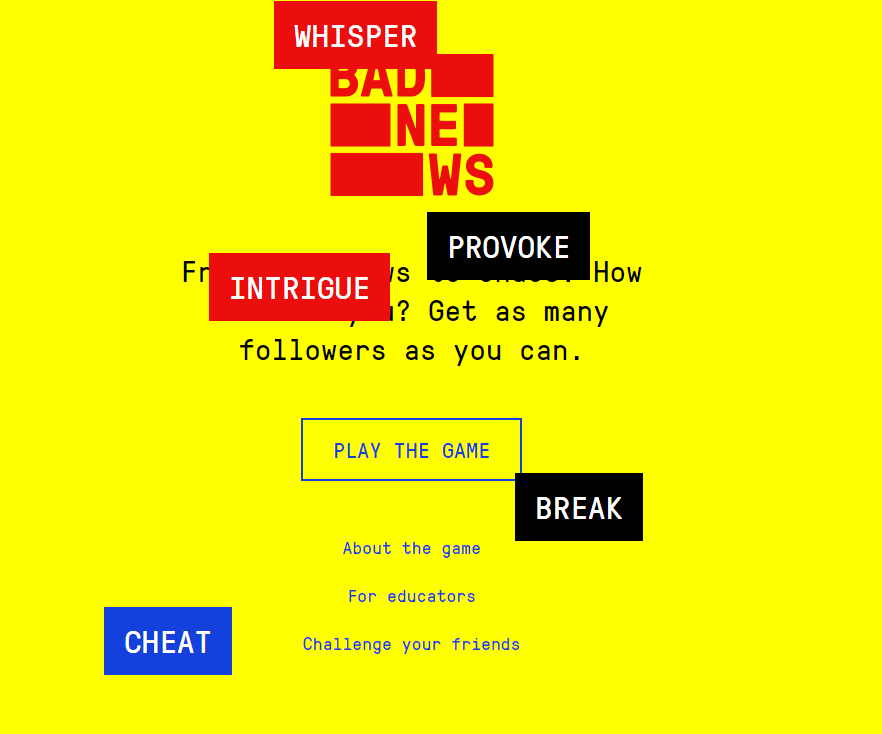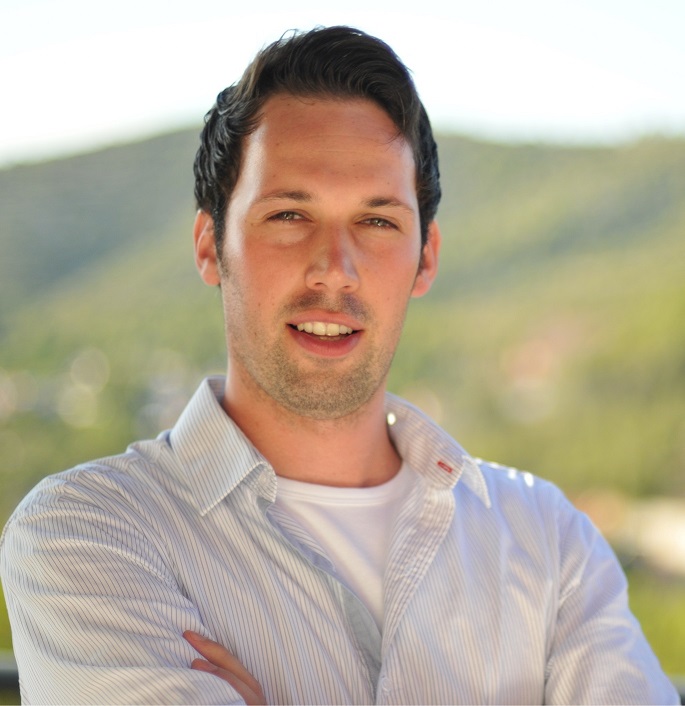Submitted by Administrator on Thu, 15/11/2018 - 14:31
On BBC Future, Diego Arguedas Ortiz, raises the question "But what if there were a way to stop misinformation before it even starts to spread?"
The article mentions that most organisations have been fighting fake news when they see it. But what if there were a way to stop misinformation before it even starts to spread? The BBC recently visited Dr Sander van der Linden, to learn more about the Social Decision-Making Lab and his research program on developing a psychological "vaccine" against fake news.
“If you try to debunk it, misinformation sticks with people,” says van der Linden, who leads the Social Decision-Making Laboratory at the University of Cambridge. “Once it’s integrated into long-term memory, it becomes very difficult to correct.” The process of inoculation increases nodes in associative memory networks and strengthens linkages between nodes, which helps confer resistance to persuasion.
 |
The Social Decision-Making Lab works on a psychological theory called “inoculation”. They created an online game about Fake News, that allows players to create fake news to give the public a taste of the techniques and motivations behind the spread of disinformation. (read more about the game) |
Van der Linden expects that people can get “herd immunity” if it’s sufficiently shared online. Jon Roozenbeek talks about “general immunity”, since the game doesn’t target one specific topic but the general use of fake news. "You can’t ‘pre-bunk’ every story because you don’t know where the next deception is coming from", he adds.
Read more about the research program in BBC Future. ![]()

